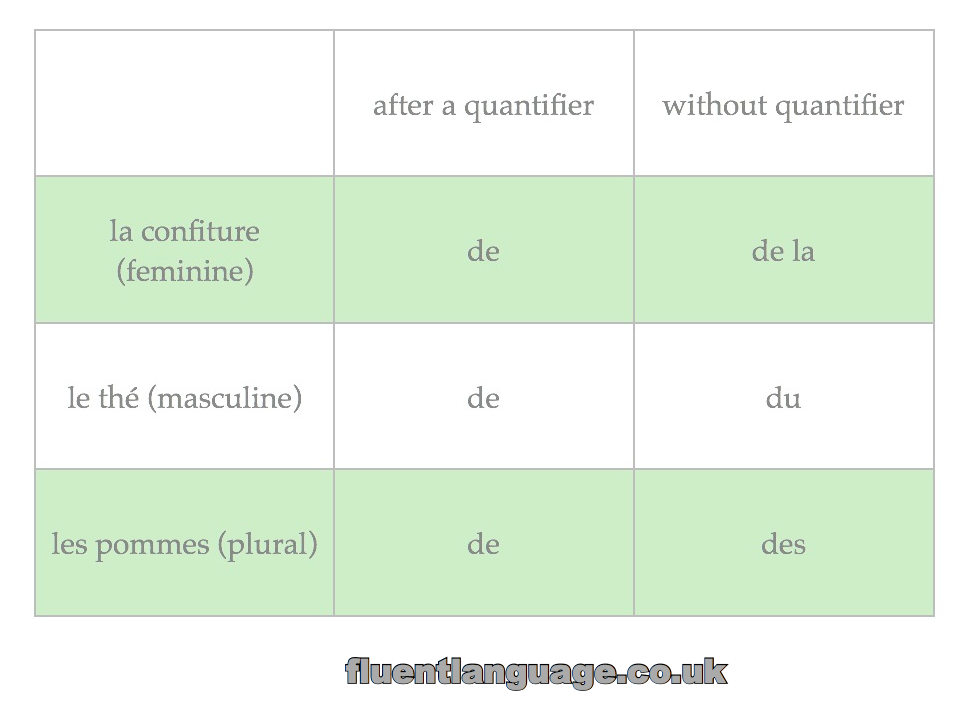I also like to to work in blocks of different topics, for example you can focus on cookery for a few weeks. That way, the most common words will reoccur and you learn not only the word, but how to use it.
Again, immersion is key here and make sure you produce language in context. Write a full sentence using your new word. Update your Facebook in the target language. Use it 5 times in a conversation. Whatever it takes, just make sure you have satisfied both repetition and context.
5) Stickies Everywhere
Sticky notes were made to serve as reminders, so we shall use them for that! Put contextual vocabulary in strategic places, or write yourself little messages in the target language. After a week of "Guten Abend, Gute Nacht" on your mirror, it might just sink in.
If you have flashcards or prefer larger pieces of paper, why not put your pieces of paper into a clear plastic envelope and stick them in the shower?
6) Study Linguistics
Many words are made up of parts of other words. So this one requires a bit of study, but it will make your vocabulary learning the smartest it has ever been. Become familiar with prefixes and suffixes, word roots and common sources of target language words. For example, many European languagesare Latin-based and their words change through little add-ons. James at EngVid has a great way of explaining the concept through "Vocabulary Pyramids". The results can be staggering: one simple root can change in 10 ways, yet you only have to learn half of a new word.
Finally, how do you know which words to learn?
Don’t worry, I’ve got you covered with my free PDF guide to the essential vocab topics for beginners. This guide is your handy checklist to help you have successful conversations in any language. Download it right here!




